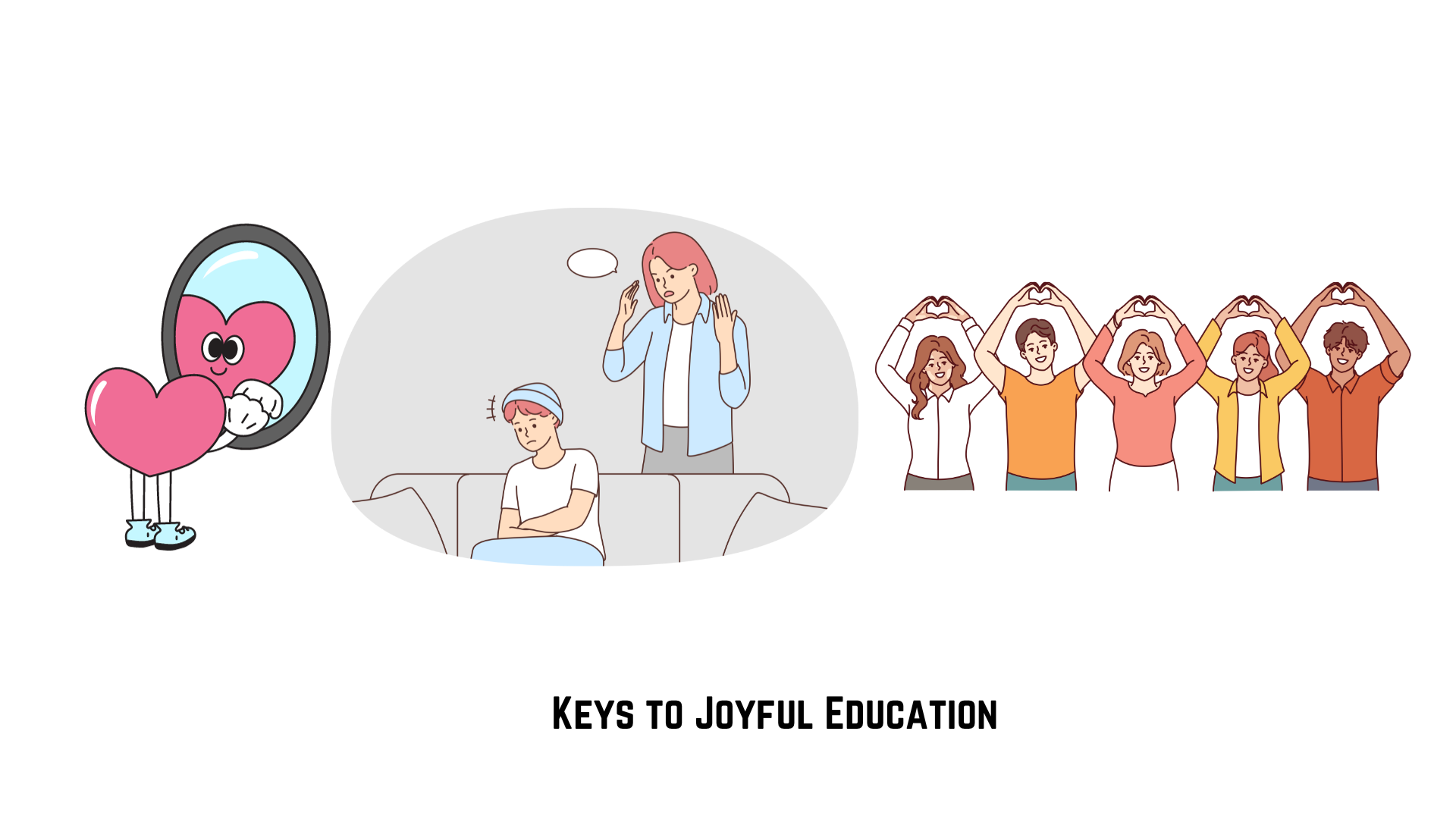Trending Now
- 830 voters names go missing in Kavundampalayam constituency
- If BJP comes to power we shall consider bringing back electoral bonds: Nirmala Sitaraman
- Monitoring at check posts between Kerala and TN intensified as bird flu gets virulent in Kerala
Columns
Depression – indication of an unquiet mind
![]() October 11, 2018
October 11, 2018
Depression is the ‘flu’ of psychological disorder. That does not mean it’s not serious. It’s common, pervasive and one of the top reasons why people seek mental help. At some point, everyone breaks and gets depressed. This short-term sadness is healthy and necessary. It is good for the mind and the body to slow down a bit and helps digest the losses that you have experienced. However, if one is brooding over the loss above the expected social norms, one might be suffering from depression. To understand depression let us understand the difference between Mood and Emotion.
Moods are emotional states subjective and harder to define than emotions themselves. Emotions can be categorised as good or bad moods. There are overall 10 emotions – joy, surprise, sadness, anger, disgust, contempt, shame, guilt, interest and fear.
The only distinction is moods are long-term emotional states rather than discrete fleeting feelings.
Mood disorders are psychological characterised by the elevation or lowering of a person’s mood, such as depression or bipolar disorder.
The cause of mood disorder is often a combination of biological, genetic, psychological and environmental factors. Psychologists will classify someone clinically depressed if one suffers from at least 5 signs of depression for more than 2 weeks as stated below:
· Depressed mood
· Significant weight or appetite loss/gain
· Insomnia or hypersonic
· Decreased interest in activities
· Feeling worthless, fatigued or lethargic
· Difficulty in concentrating or making decisions
· Recurrent thought of death or suicide
Mood disorders are physiological as well as psychological illness. Hence, to be considered as psychological disorder, behaviour needs to cause the person or others around him/her prolonged distress. Clinically depressed people find it difficult to cope with everything in their day to day life
A mood disorder in which a person alternates between hopelessness and lethargy and the overexcited state of mania is when people suffer from bipolar disorder. Persons suffering from bipolar may switch back and forth between normal, depressive and manic phases in a day, week or month. It does not mean being energetic or happy. It is a period of intense restless, hyperactivity and sheer skewed estimation of yourself, your abilities and your ideas. Some people experience it rarely, but when they do it can be destructive. The only constant is bad judgement. Sometimes it can get worse and needs psychiatric evaluations.
When mania ends on a high followed by a long wave of depression and left untreated can result in suicide.
A stressful life cannot give you bipolar disorder, it could trigger a manic or depressive episode, that too for someone with a pre-existing condition. Social cognitive perspective examines how one’s thinking and behaving influences depression. Depression views bad instances through internal lens. Usually, the lens is negative and filled with helplessness, self-blame and over thinking which smother the joy and the outcome is negative vicious thinking cycle as below:
1.Stressful Experiences
2.Negative Explanatory Style
3.Depressed Mood
4.Cognitive And Behavioural Changes
One can break this cycle with some professional help. Exercise, moving to an new environment, not internalising the situation and positive thinking helps. However, positive thinking is often inadequate on its own when it is up against genetic or neurological factors.
Mood disorders are complicated conditions and rarely have one single cure. However, they are treatable and one can lead a happy, healthy life.






















